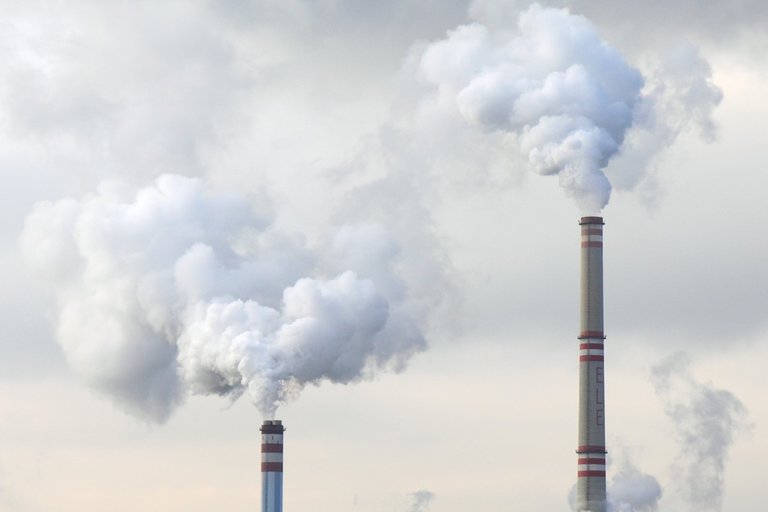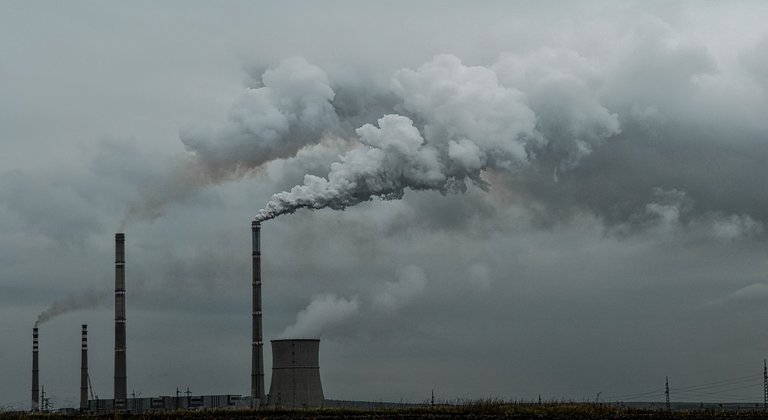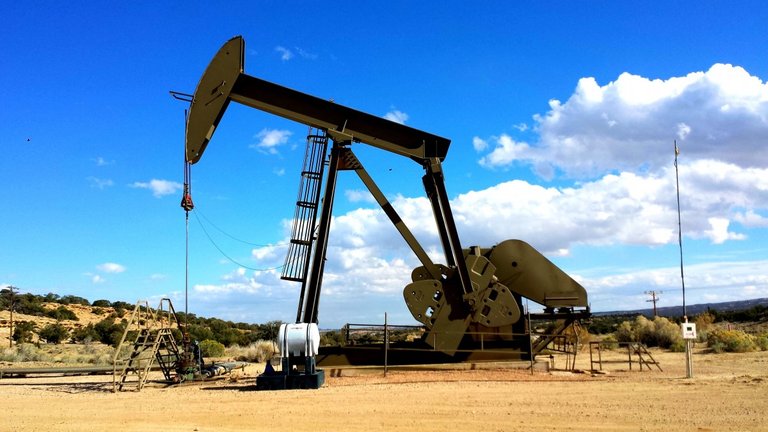One year after COP26 we are burning more fossil fuels now
Hello dears friends.

Source: pxhere.com.
COP27 is the 27th United Nations Climate Change Conference, which takes place November 6-18, 2022 in Sharm el-Sheikh, Egypt. And with the holding of this conference, it is time to review the progress made since the last summit, and the news is not very encouraging, as the response expected by many countries in the short term has not achieved the goal of limiting the dominance of fossil fuels in energy.
The sanctions imposed on Russia for the invasion of Ukraine led Russia to cut off gas pipeline supplies to European countries, causing Europe to jump into the international gas market and increase imports from its traditional partners. This not only raised the price of gas but consequently also raised the price of electricity, this also causes many developing nations to look again to coal as a source of energy; according to the International Energy Agency (IEA), global coal consumption in 2021 rebounded by 5.8%, and by 2022 it is expected to increase by a further 0.7% over the previous year, which would be equivalent to a consumption of 8 billion tons, a value equivalent to the historical peak recorded in 2013.

Source: pxhere.com.
And although China, the economy responsible for the largest coal consumption in the world, has decreased its coal consumption due to new confinements by covid-19, with the increase in coal demand in the European electricity sector close to 7%, and in countries such as India close to 9%, it is estimated that by 2030 global coal consumption will only have decreased by 8% with respect to 2021, which would place us far from the goal of zero emissions by 2050.
The problem is that in the past natural gas was promoted as a tool to limit the use of coal, and now that Europe has entered the international market it has limited access to this source for developing countries by outstripping their supply in the market, causing them to restart their coal-fired power plants. For example India recorded a 9% increase in its coal demand in the first half of 2022.
On the other hand, the Organization of Petroleum Exporting Countries and its allies (OPEC+) agreed to cut oil production, reducing it to 2 million barrels per day as a strategy to increase the price of oil and prevent its collapse due to the global recession. To deal with this OPEC measure, governments around the world have again resorted to subsidies to reduce the cost of fossil fuel for consumers, subsidies that had already been agreed to be eliminated in 2021.

Source: pxhere.com.
What we are seeing now is not just an energy crisis, it is a crisis generated by rising fossil fuel prices, caused by the use of fossil fuel distribution as a political means or strategic weapon. And although there are many countries with successful attempts to achieve decarbonization of the electricity system by 2050, with the current pattern of fossil fuel consumption, greenhouse gas emissions are estimated to produce by 2100 an increase of 2.6 °C, well above the agreed limit of 1.5 °C set in the Paris agreement.
As far as we can see, there are not many achievements to discuss at COP27, so this summit must be held with the understanding that power countries still depend on fossil fuels, and that these same fuels push developing countries to more polluting sources of energy, such as coal. And in any case, it must address the commitments and mechanisms that will allow us to gradually abandon our dependence on the use of oil, gas and coal as energy sources, and whose use has caused the global climate imbalance.
Let us hope that the new commitments will be more effective in the fight against climate change.
Well, if you have managed to tell the truth, COP27 is precisely the proof that for a year now we have not only been burning more fossil fuels, but that nothing was done about the agreements of that meeting, environmentalist technicality with demagoguery.